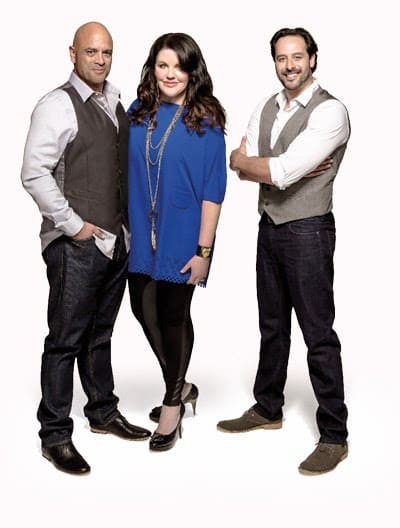Absolutely anybody could sit behind a microphone and call themselves an announcer, but only a few make a true impact.
All rookie announcers dream of becoming one of the best, but lack the drive and willingness to learn that are trademarks of a great radio personality.
Here are a just a few basic points to address that can help you on the way.
- Know yourself and don’t try to be anyone else. You aren’t Polly Gillespie (New Zealand Radio Star) or Gary McCormack (New Zealand Radio Star) and you shouldn’t try to be, your listeners will respond to a genuine voice that operates within its own limits.
- Don’t forget the small stuff. Before you even go on the air, you should be practised and fluent in reciting the station slogan and taglines. To come across as professional and confident you should be able to say them in a variety of ways as each break should sound different.
- Check your accent. Many in New Zealand would think this a non-issue, but we really do have some strong regional accents out there, from the rolling rumble of the deep south to the sing song quality of Taranaki voices, it is possible to pick out what region you hail from. This wouldn’t affect your local listenership but those with a wider range should consider experimenting with a more ‘neutral’ voice for clarity and wider reach.
- Open your ears. You should be listening to as many other announcers, stations and people you can to keep abreast of what else is out there. Inspiration can strike from many unexpected places so it’s important to keep open. In this vein, you should frequently listen to your own shows to keep an eye on your own performance, you may not be aware of any faults as you are speaking.
- Practise makes perfect. Talk out loud to yourself frequently, talk about the traffic in the car while driving, read a book aloud, practise announcing in many different places and times to become comfortable in any situation.
- Talk to people, not an audience. Some people do this by placing a picture of a good friend in front of them while announcing. This will make it easier for you to act naturally in front of the mic, acting as though you are having a conversation with a couple of mates, rather than affecting that overly excited top jock voice. Your listeners want to hear a friend, not an advertisement.
- Plan it out. You should know what you are going to talk about well in advance and stay with it so you can be confident in the entirety of the show. Winging it is best left to very experienced radio personalities.
- Get over yourself, you’re not all that. Much like actors and singers, a lot of radio people have extremely high opinions of themselves. Fantastic for confidence, not so great for self-criticism and improvement. Be confident in your abilities but know you always have room to grow and that learning and improvement never end, no matter how far you have gotten.
- Monitor yourself for repetition. It is so easy to rely on your favourite phrases and words over and over, but it always comes of badly to the listener. This is something that even veteran announcers find difficult to avoid, so its best you are aware of the problem early and actively work to change your patterns.
Announcing is a fulfilling, exciting and creative job that many would love to pursue; if you are lucky enough to find yourself in this role then it is your duty to perform in the best possible way. Have fun, keep it simple and professional and you’ll find yourself enjoying the career of a lifetime.
